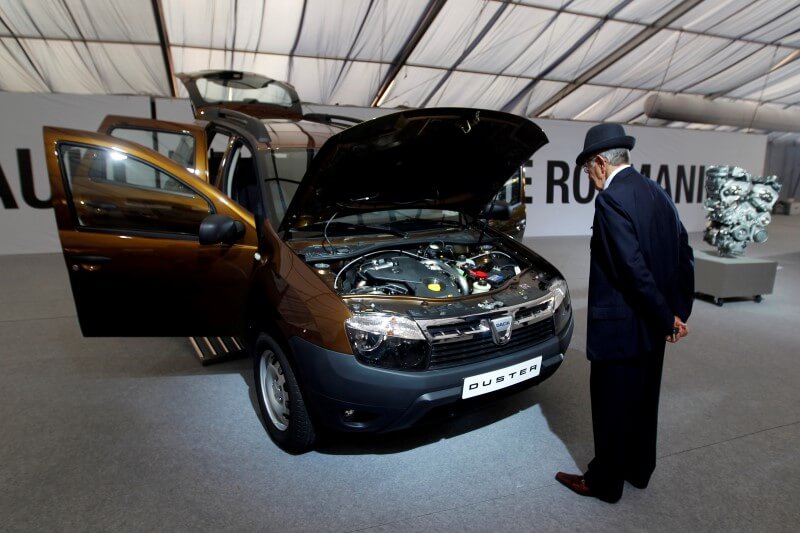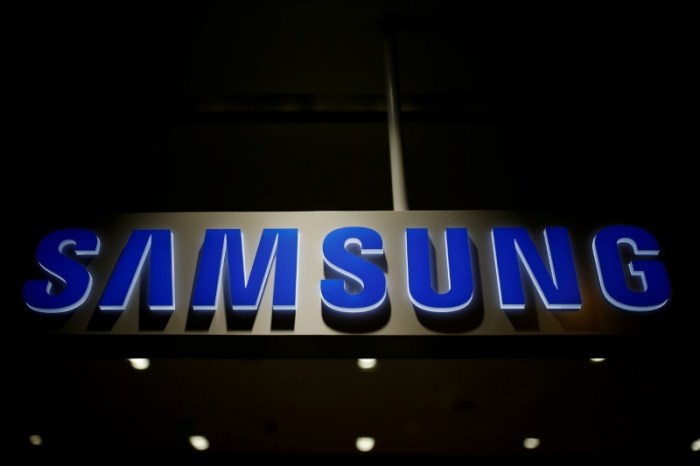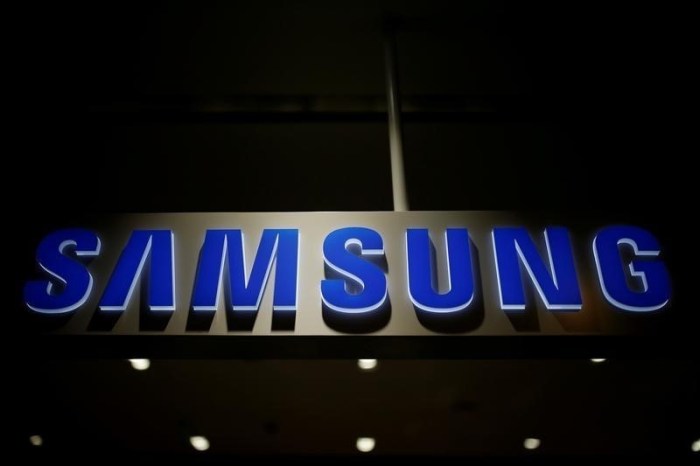By Luiza Ilie
BUCHAREST (Reuters) – Romania has emerged as one of Europe’s most active technology hubs, with the IT industry posting stellar growth and benefiting from a highly-skilled local labor pool as well as one of the fastest internet speeds in the world. To keep up momentum and cement its reputation, Romania’s best-known technology pioneer says local developers should focus on creating software for the car and global services industries –- shunning local market needs in favor of more mature, lucrative sectors. Multinational companies such as Oracle, IBM and Intel have set up in the former communist country in customer support, business process outsourcing and software development, and young entrepreneurs have launched a wave of new startups, creating an industry with turnover of 3.1 billion euros ($3.5 billion) in 2015. IT is becoming ever more important to the national economy — the sector exports around 70 percent of its output, and could generate around 3 percent of GDP in three years’ time, according to an industry study. “The Romanian technology industry doesn’t stand a chance if it develops products exclusively for the local market, because its needs are 10-15 years behind that of mature markets,” said Florin Talpes, chief executive of Bitdefender, a home-grown cyber security company with half a billion users worldwide. “If we look at which Romanian markets are mature and state of the art, that is where I would recommend developing technology industries,” he told Reuters in an interview. Romania’s auto industry is one of the eastern European country’s main growth drivers, through carmaker Dacia, owned by French Renault and Ford. Romania is also home to countless car parts producers and research centers. “Intelligent cars, connected cars are a main theme in at least five of these research and development centers,” said 59-year-old Talpes.
Set up in the 1960s after Romania signed a license contract with Renault, Dacia cars were for decades the ubiquitous automobile of communist Romania.
Renault acquired Dacia in 1999 and the no-frills brand has since developed into a top seller for Renault, which is working on driver-less technology and car connectivity — enabling occupants to connect to the Internet and cloud services. Another potential growth area was the IT services sector, where local software engineers should develop value-added products for the dominant multinationals present in Romania.
UNEXPECTED LEGACY
Romania’s technology expertise is partly the result of a 1980s education drive spearheaded by the communist dictator Nicolae Ceausescu. With schools already leaning heavily toward science and mathematics, he promoted computer research and technology to promote pride in the nation – laying the foundations for a wave of tech-savy youngsters decades later. Romania has even made a name for itself in hacking. A 24 year-old Romanian, Razvan Cernaianu, hacked the Pentagon, NASA and Britain’s Royal Navy several years ago. Some also honed their skills through software piracy. There are roughly 14,000 IT firms active in Romania, employing over 75,000 people, according to a study by industry body ARIES Transilvania.
The government’s Invest Romania unit, says the IT and Communications sector could be worth 4 billion euros by 2020 – up from 2.1 billion in 2013, with year-on-year growth of 9 percent. The country has more engineers per capita in the sector than the US, India, China or Russia, it says. According to the most recent figures, 2014 saw 3.6 billion euros worth of foreign investment into the sector.
The IT product development sector was not without problems, Talpes said, including difficult access to financing, lack of business and marketing skills, as well as a shortage of programmers and a need for the education sector to catch up with the times. (Editing by Alexandra Hudson)
‘Focus on cars’, IT pioneer tells Romania’s rising software stars

By Luiza Ilie

















